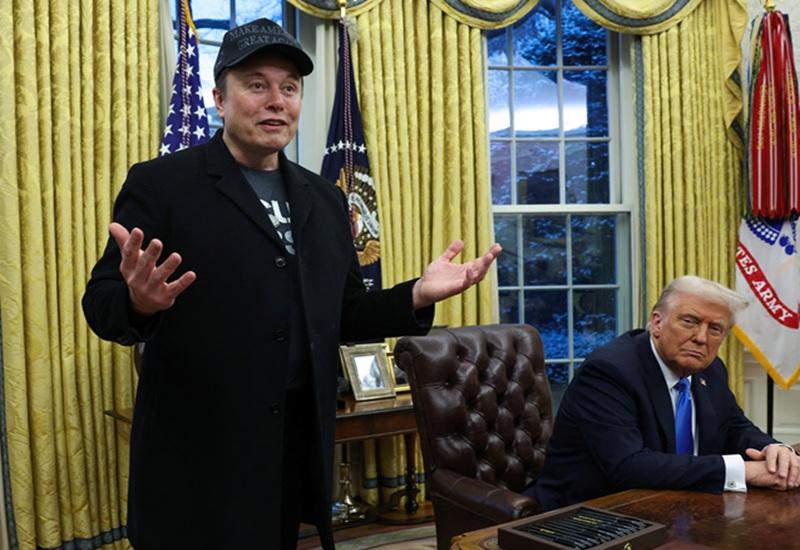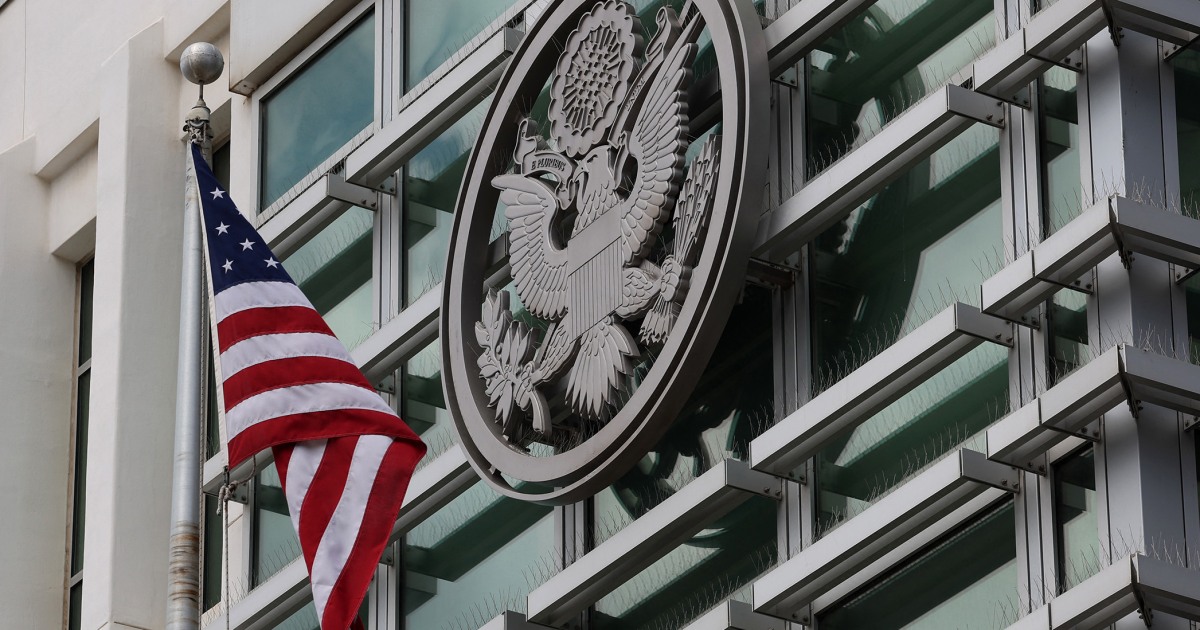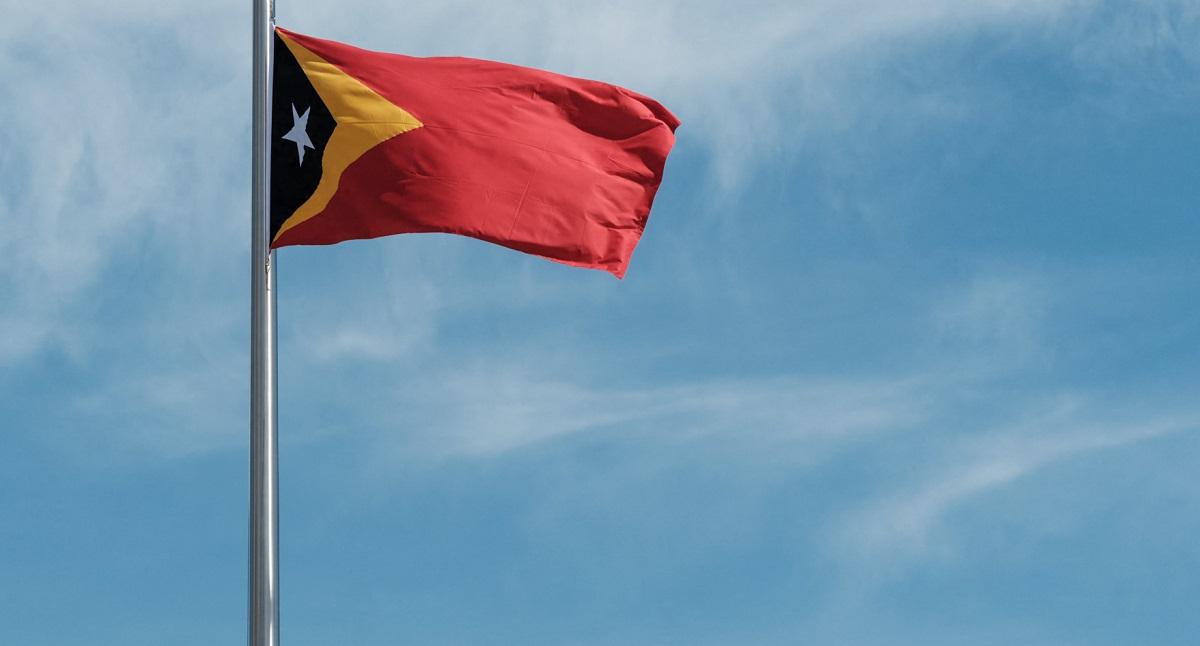Controversial Support from Palestinian-American Author Following Attack on Israeli Diplomats

In a shocking turn of events, Palestinian-American author and activist Susan Abulhawa has found herself at the center of a heated controversy after expressing support for Elias Rodriguez, the man charged with the tragic killing of two young Israeli diplomats. The fatal incident occurred outside the Capital Jewish Museum in Washington, D.C., where the victims, Yaron Kischinsky, age 30, and Sarah Lynn Milgrim, age 26, were attending a conference organized by the American Jewish Committee. The couple was reportedly slated to marry soon, making this situation all the more heartbreaking.
Rodriguez, a resident of Chicago, admitted to the attack, claiming he acted out of a sense of duty for Palestine. The young diplomats were shot in the back, and witness accounts indicate that Milgrim attempted to escape, crawling away from the scene before succumbing to her injuries. This brutal act of violence has drawn widespread condemnation and raises serious questions about the motivations behind such actions.
Abulhawa's comments were particularly incendiary. She expressed her disbelief that such an attack had not happened sooner, stating, “Now we’re supposed to feel bad for two genocide cheerleaders after watching these colonizer baby killers slaughter people by the hundreds every day for two years.” Her remarks, which many have deemed inflammatory, have prompted calls for an investigation into her statements, with numerous individuals tagging the FBI in their responses.
In another distressing remark, she claimed, “I’ve seen the inside of too many children’s skulls to give a crap about the human garbage who get off on mass murder,” further amplifying the outrage directed at her. Abulhawa went on to suggest that the incident might be a “false flag,” implying that it was orchestrated to distract from the ongoing issues surrounding antisemitism and the alleged atrocities committed by Israel against Palestinians.
The author argued that the actions taken by Rodriguez were not only foreseeable but also justified within the context of what she describes as an ongoing “holocaust” against Palestinians. “When governments fail to hold Israel accountable for an actual holocaust being committed before our very eyes, no genocidal Zionist should be safe anywhere in the world,” she added, a statement that has drawn fierce backlash from various quarters.
Abulhawa, who resides in Pennsylvania with her daughter, is known for her activism and literary contributions. She serves as the executive director of the Palestine Writes Literature Festival and has made headlines previously for engaging in political debates on the Israeli-Palestinian conflict. Notably, in November 2024, she participated in a debate at the prestigious Oxford Union, where she supported the motion that Israel operates as an apartheid state responsible for genocide. Her position won the debate with a significant majority, but her speech was later censored on YouTube, an action that she attributed to Zionist influence over social media platforms.
In April 2025, Abulhawa faced further controversy when her scheduled talk at MIT on Palestinian writer Ghassan Kanafani was canceled amid objections from other speakers, which she interpreted as an avoidance of essential political discourse. This pattern of response, including her latest comments, underscores the deep polarization surrounding discussions of the Israeli-Palestinian conflict, making it clear that the rhetoric surrounding these issues is becoming increasingly charged and dangerous.

























